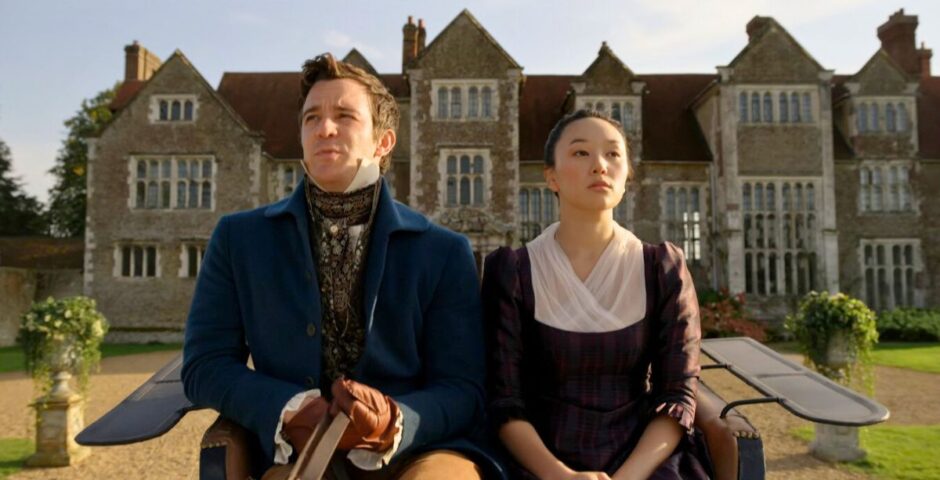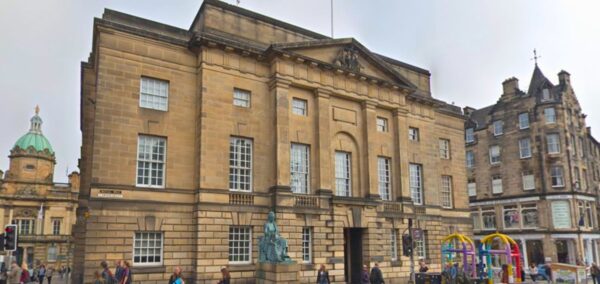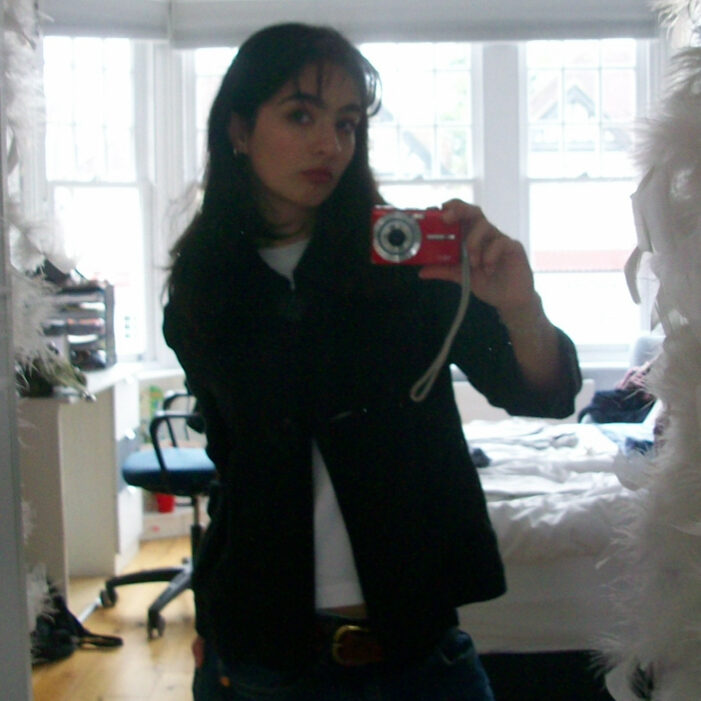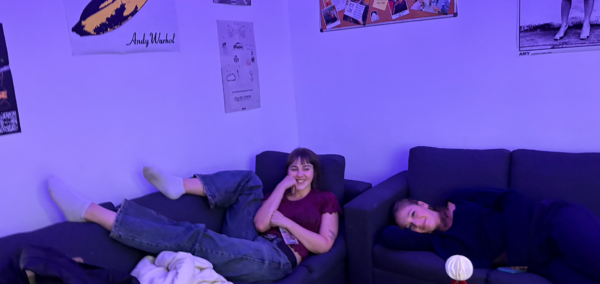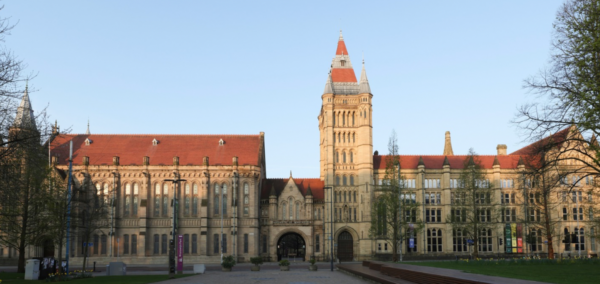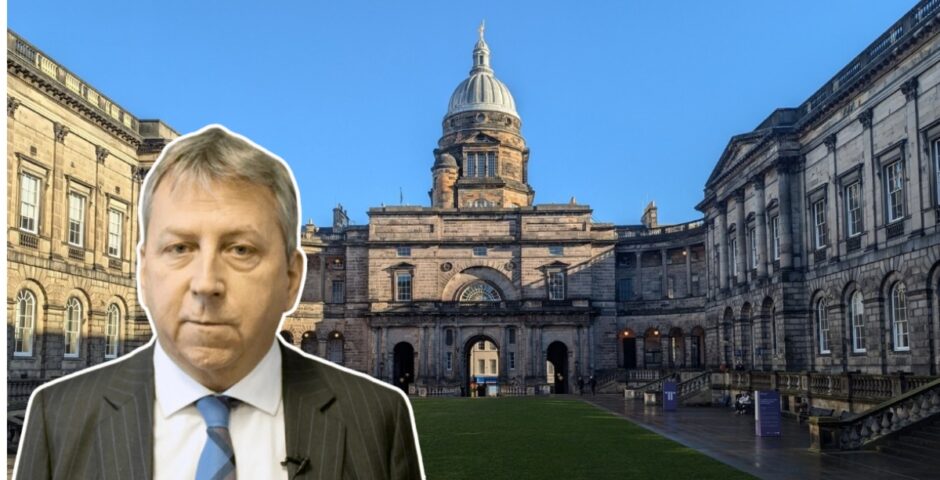
Edinburgh University was a ‘haven’ for white supremacist theorists, inquiry finds
A landmark inquiry found the university had an ‘outsized’ role in creating harmful scientific theory and profited greatly from the slave trade
The University of Edinburgh played an “outsized” role in creating racist scientific theory, an inquiry has found.
It became a “haven” for white supremacist academics in the 18th and 19th centuries, playing a crucial role in the creation of “racial pseudo-sciences.”
It also found that donations of around £30 million* from slave traders were used to build Old College and the Old Medical School in the 1790s and 1870s respectively.
The investigation, carried out by the Research and Engagement Working Group, revealed that the university still possesses bequests worth £9.4 million that came from donors linked to enslavement, colonialism and racist psuedo-sciences. These donations continue to fund lectures, medals and fellowships.
The report urged the university to redirect the money from these bequests to hiring academics from Black and minority backgrounds, and to fund teaching on racism and colonialism.
The authors of the report claim that institutional racism exists within the university. Fewer than one per cent of its staff and just over two per cent of its student body are Black, below the four per cent of the UK population.
One pseudo-science theory the university helped to create was that skull shape determined a person’s character and morals, as a result, the university holds nearly 300 skulls gathered in the 1800s from enslaved people by academics researching and teaching the incorrect theory.
In a statement, university principal and vice-chancellor Sir Peter Mathieson, said: “We cannot have a selective memory about our past, focusing only on the historical achievements which make us feel proud. We are right to address its complexities too, and learn from those aspects which are highly challenging to confront.
Most Read
He also apologies for the university’s “role not only in profiting materially from practices and systems that caused so much suffering but also in contributing to the production and perpetuation of racialised thought which significantly impacted ethnically and racially minoritised communities”.
Alongside a series of 47 recommendations, the review urges the university to change its definition of antisemitism, asking it to unadopt the definition published by the International Holocaust Remembrance Alliance, over concerns it stifles “free conversation” around Israel’s actions in Palestine.
It also urged for divestment from companies with ties to the Israeli government, something pushed by protest movements across the university campus over the past year.
Sir Peter indicated to The Guardian that the university will accept many of the recommendations, but others would require consideration and external funding.
Professor Tommy Curry, Co-Chair of the Race Review’s Research and Engagement Working Group,
said: “This review demonstrates a level of self-reflection that very few institutions have had the courage to embark on.
“Through the work of myself and my research colleagues, we have fundamentally changed what we understood as the Scottish Enlightenment. We have shown that the study of racial difference had a major home here, and that there are legacies of discrimination that we still have to correct today.
“We hope our findings will enable the University to emerge as a better version of itself. This sets a
standard for other institutions to not only reconsider their historical perspectives and legacies, but also their institutional culture.”
Dr Nicola Frith, Co-Chair of the Race Review’s Research and Engagement Working Group, said: “This review has been a long journey and we’ve learned a lot. We’ve placed a huge amount of effort into joining the dots between the past and present to uncover the impact on our students, staff and global community from racially and ethnically minoritised communities.
“The University is in the business of producing knowledge, so now it can be in the business of producing decolonised and reparatory forms of knowledge that genuinely embrace and include those communities it has harmed in the way that it thinks, acts and is structured.”
The university will set up a new race review implementation group which will actively support the review’s call for Edinburgh to establish a centre for the study of racisms, colonialism and anti-Black violence, Sir Peter told The Guardian, by helping find philanthropic donors and external funding, and find rooms for a community space.
Edinburgh would “undoubtedly” fund new scholarships for students from minoritised groups, he said. “Some of the university’s resources can be and will be diverted to this.” Even so, he said, the university may be unable to repurpose some bequests linked to slavery or colonialism if their terms restrict the money to specific purposes.
The full report can be read here.
*Amount adjusted to modern day prices.
Featured image via The University of Edinburgh.




